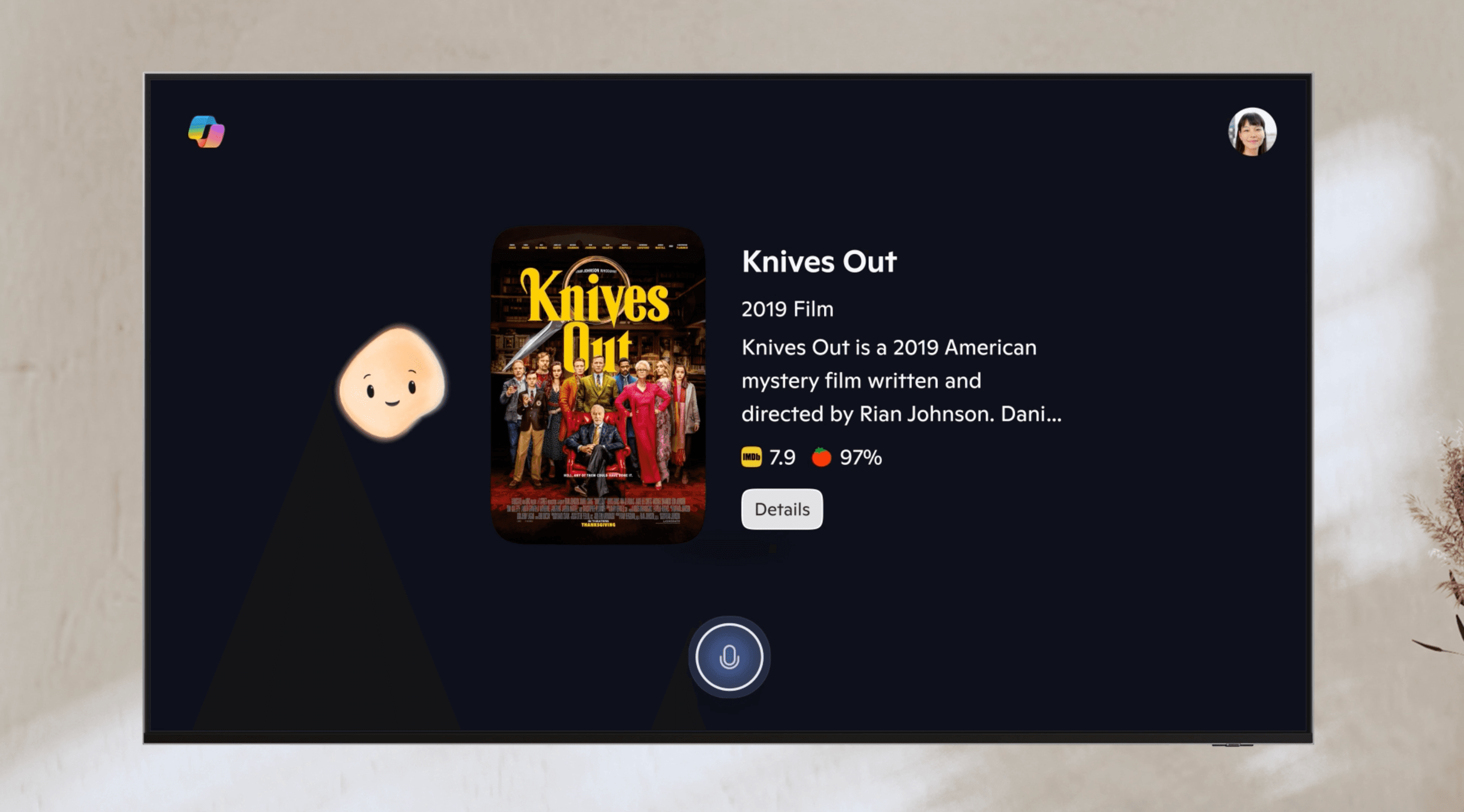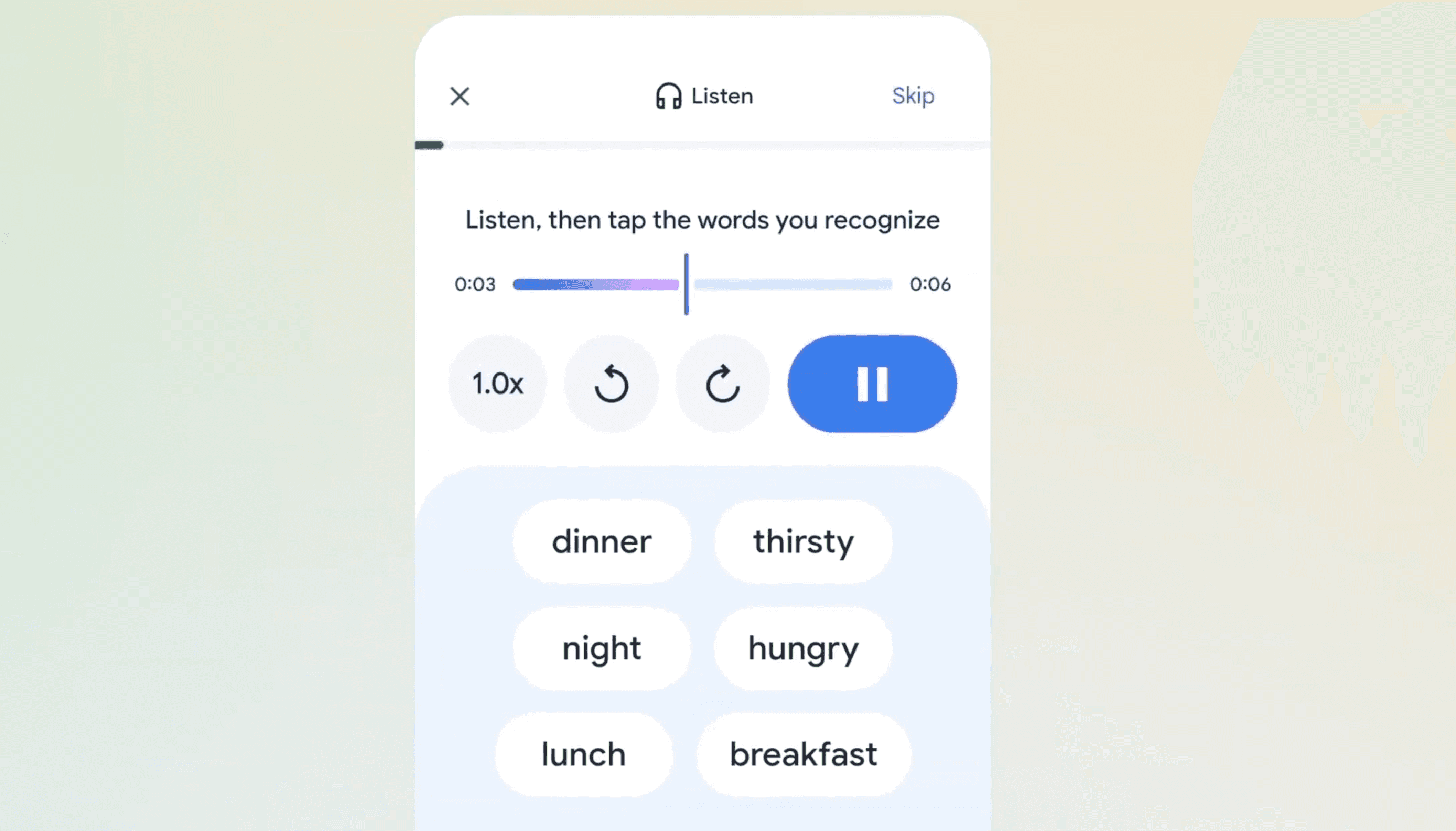Library e-book app Libby just rolled out its controversial "Inspire Me" AI feature, triggering immediate backlash from readers and librarians who are questioning whether artificial intelligence belongs in their beloved reading sanctuary. The generative AI tool promises to surface book recommendations from local library collections, but critics worry it's another unnecessary AI insertion into spaces that worked perfectly well without it.
OverDrive just inserted AI into one of the last bastions of analog discovery – the local library experience. The company's Libby app, used by millions to borrow e-books and audiobooks from their local libraries, quietly rolled out "Inspire Me," a generative AI feature that's already dividing the reading community.
The backlash was swift and pointed. Librarians took to social media expressing frustration at yet another AI insertion into spaces that functioned beautifully through human curation. Reddit users discovered the feature during its soft launch earlier this month, sparking debates about whether AI recommendations can match the nuanced understanding of a skilled librarian.
"Inspire Me uses responsible AI integration to help patrons dive deeper into the incredible catalogs their local libraries have curated," OverDrive Chief Marketing Officer Jen Leitman told TechCrunch in a statement clearly anticipating the controversy. "It's not about replacing human insight, it's about making discovery easier, smarter, and more intuitive."
The feature works through a guided prompt system on Libby's home page. Users select fiction or nonfiction, then narrow recommendations using descriptive tags like "spine-tingling" or "amusing." The AI can generate suggestions for oddly specific scenarios – think "dark humor about modern family dysfunction" or "time travelers rescue dragons from medieval knights." The system returns five relevant titles from the user's local library's digital collection, prioritizing immediately available books.
OverDrive went to significant lengths to address privacy concerns that have plagued other AI implementations. According to the company's AI policy document, user details and reading activity aren't shared with AI models. When users leverage saved tags for recommendations, the AI only receives book titles – not personal information, device details, or tag descriptions.












